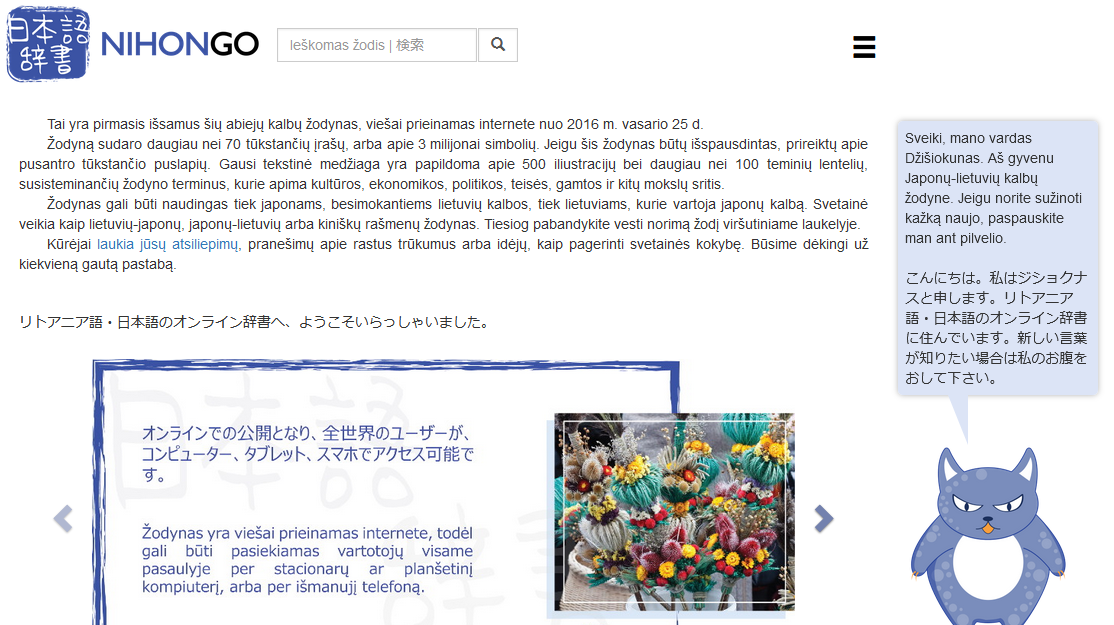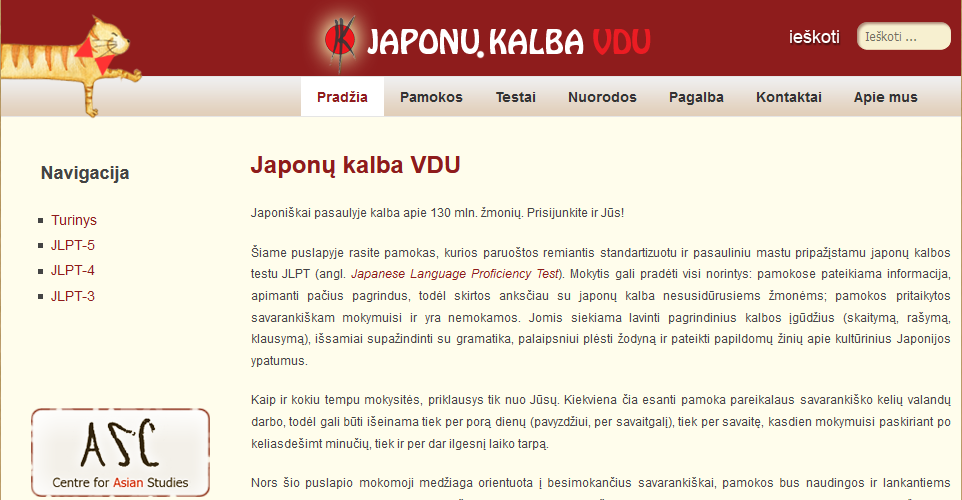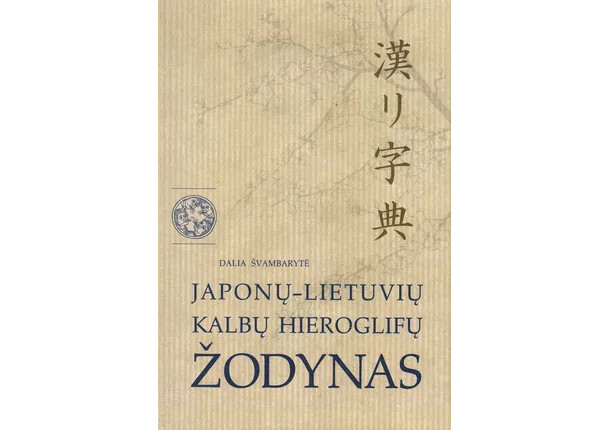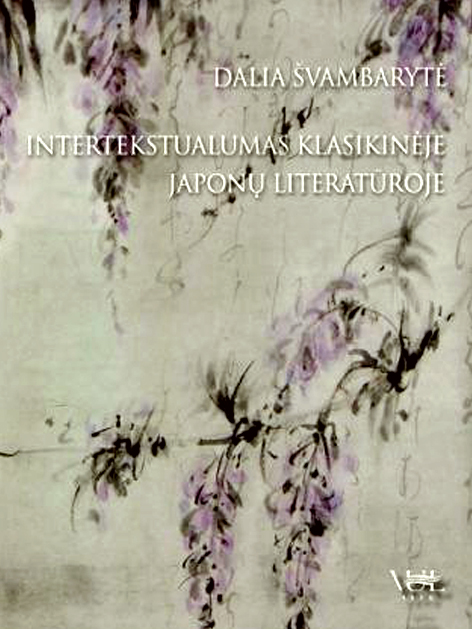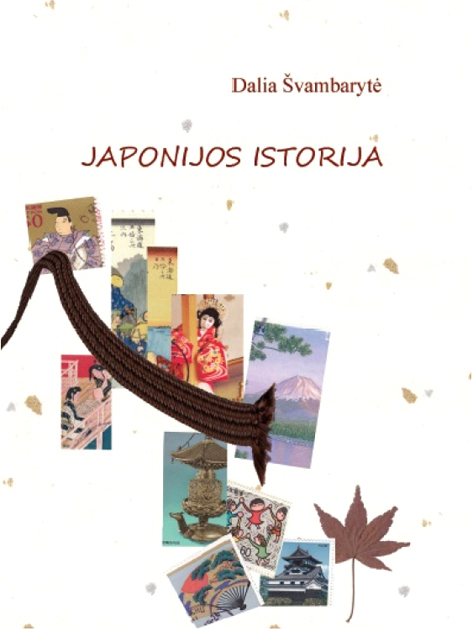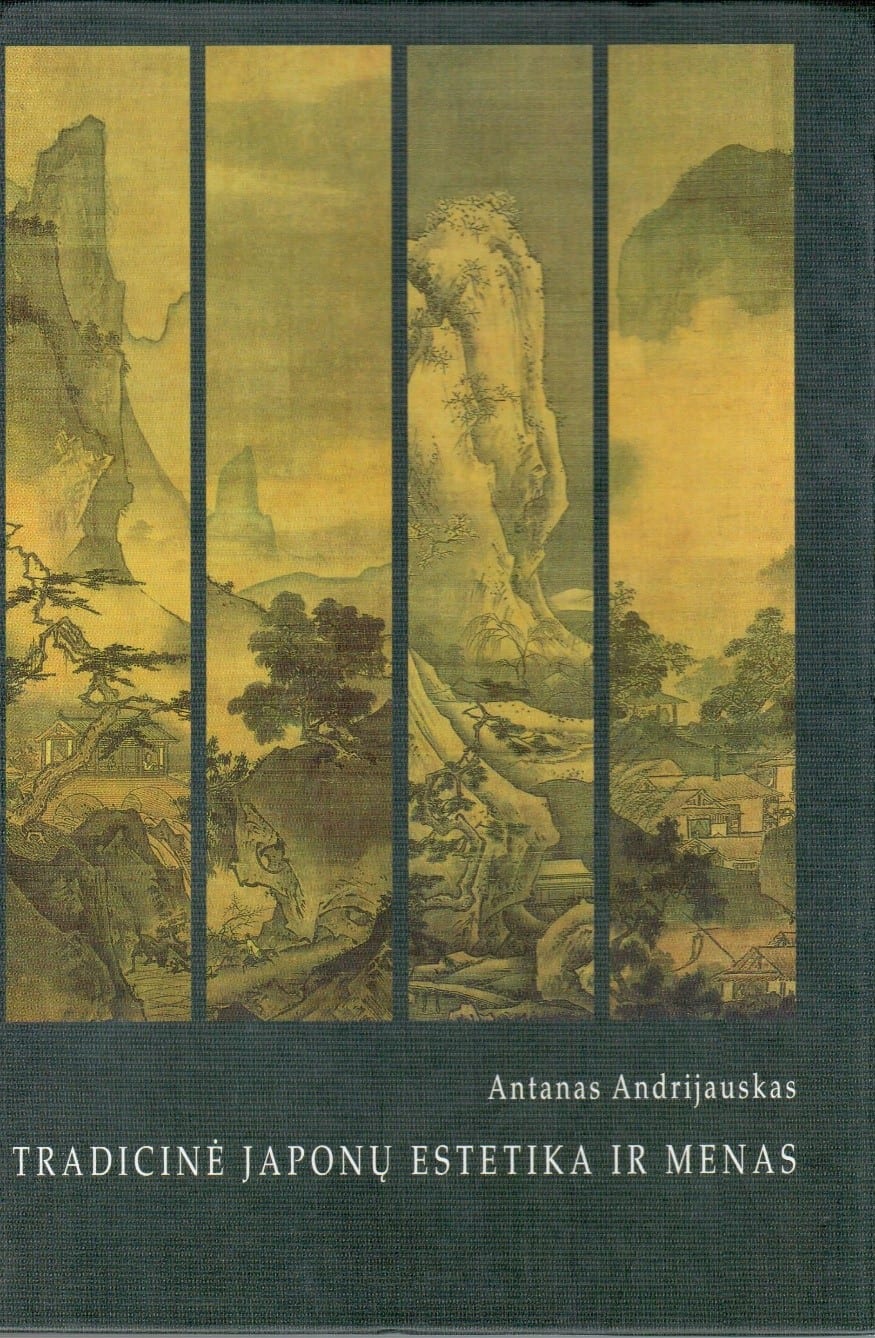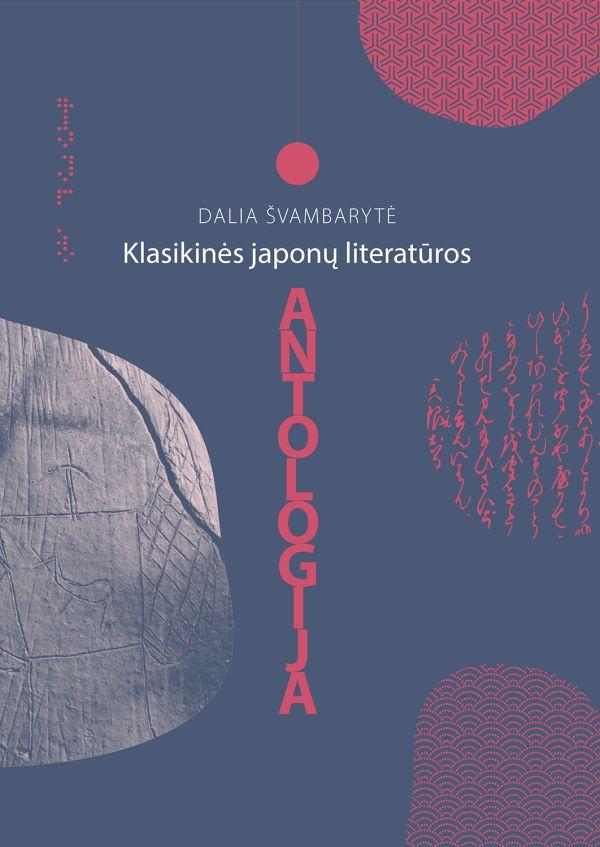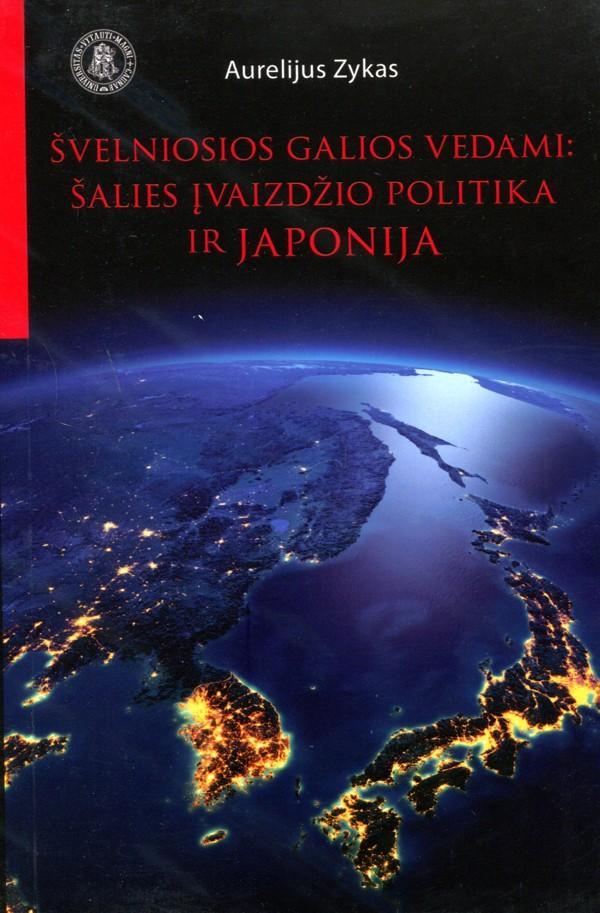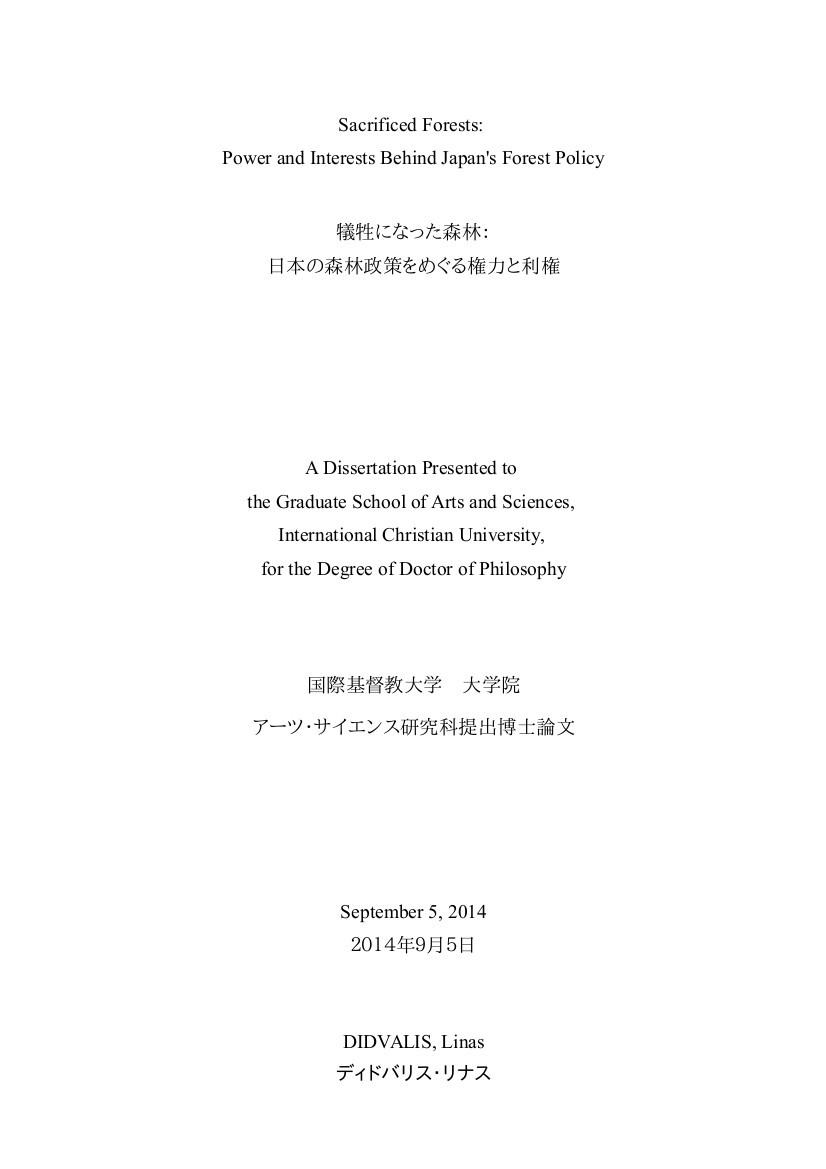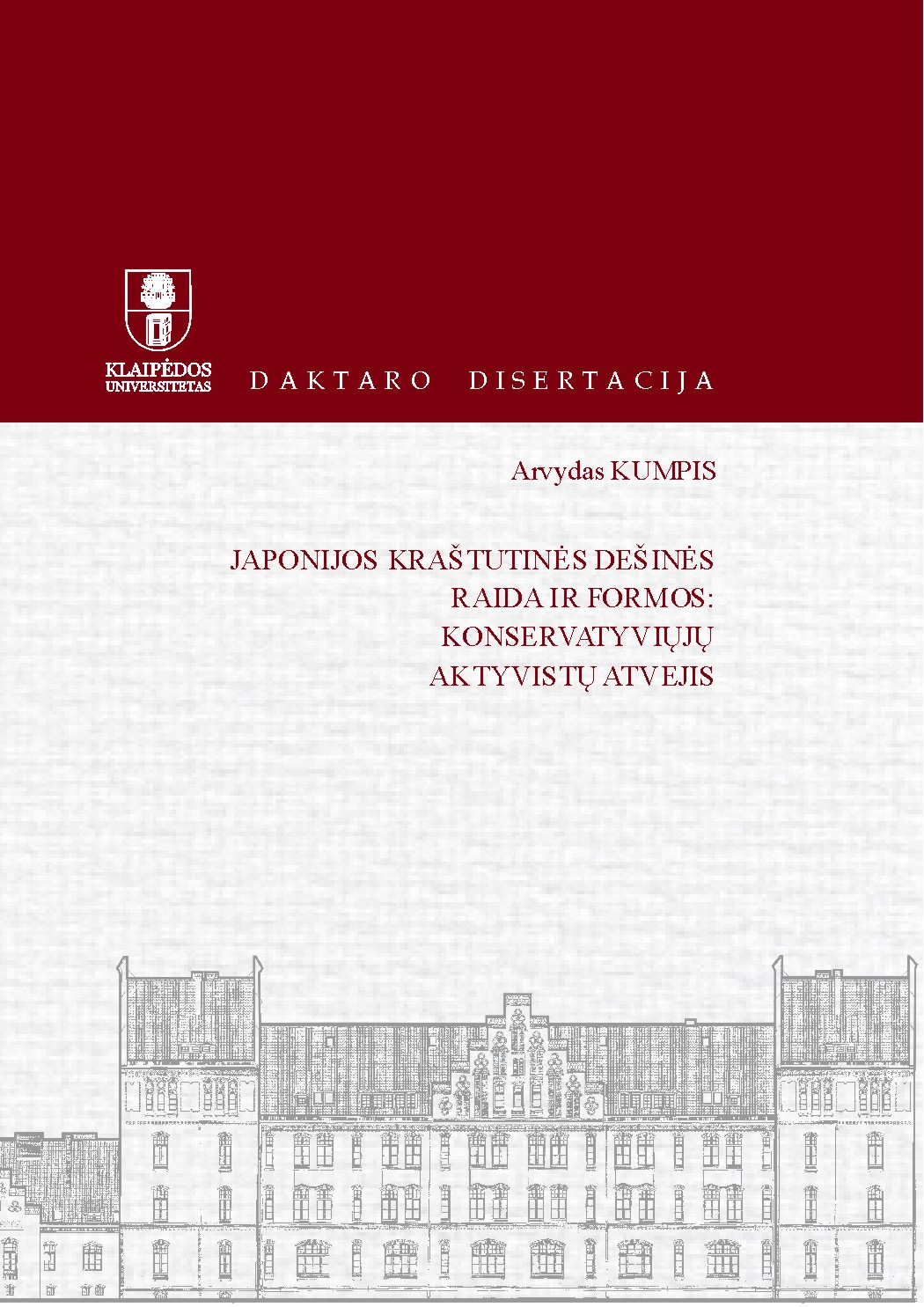Knowledge about Japan in Lithuania since 1980
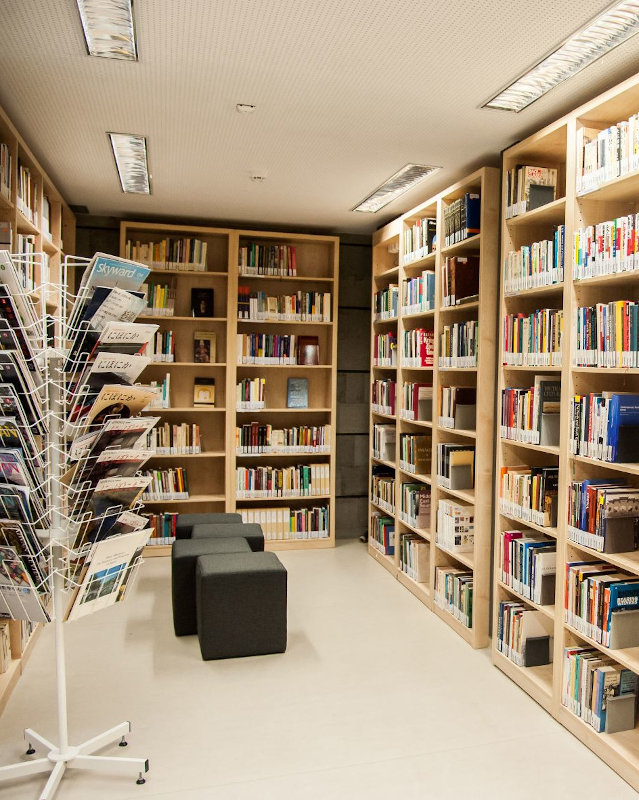
(Asian Books Space at VMU, Kaunas; J. Petronis)
Although authors, such as Steponas Kairys and Matas Šalčius, published articles about Japan in the first half of the 20th century, the soviet occupation in 1940 interrupted the development of Lithuanian japonology. At the time of the Lithuanian Soviet Socialist Republic (LSSR), Japan-related research was not tolerated. Therefore, throughout this era, information about Japan in Lithuania was accessible only in the media and translated literature (mainly written by Russian authors).
The changes began with the 1980s when a great wave of interest and admiration in Japan emerged. This wave prompted the rise of Lithuanian researchers who started the development and dissemination of professional knowledge about Japan. One of them was Romualdas Neimantas. Although he was interested in various countries and cultures, Japan took a special place in his life.
After 1990 preconditions were created for the systematic development of Japanese studies and, in three decades, two main centers of Japanese studies in Lithuania have crystallized - the Institute of Asian and Transcultural Studies in Vilnius and the Center for Asian Studies in Kaunas. These institutions carry out research, accumulate book collections, expand libraries, and educate the young generation of Japanese researchers.
Romualdas Neimantas
Romualdas Neimantas – a well-known cultural historian, orientalist, actively interested in various Asian, African, and Oceanic countries. Due to his extensive knowledge and productive academic life, he managed to publish more than 30 books. Many Lithuanian readers were fond of R. Neimantas books, including "The World in a Cup of Tea" (lit. "Pasaulis puodelyje arbatos"), "Golden Dragon" (lit. "Auksinis drakonas"), "From the Nemunas to Fujiyama" (lit. "Nuo Nemuno iki Fudzijamos"), "From the Nemunas to the Ganges" (lit. "Nuo Nemuno iki Gango"), "In the Footsteps of the Pharaohs" (lit. "Faraonų pėdsakais"), "From the Nemunas to the Nile" (lit. "Nuo Nemuno iki Nilo"), "The Amber Road" (lit."Gintaro kelias"), "East and Lithuania" (lit. "Rytai ir Lietuva"), and others. Throughout his life, Neimantas has compiled the only bibliographic file of cultural relations and interactions between Lithuania and Asia that was available in Lithuania.
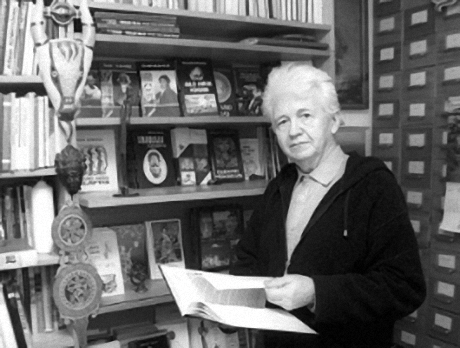
(R. Neimantas personal archive)
Among all the Asian and Oceanic cultures which Neimantas was interested in, Japan occupied a special place in his heart, and, therefore, he devoted five of his books to this country. Fostering the dream of traveling to Japan, he eventually did that, becoming one of the few Lithuanians able to do so during the Soviet era. In Neimantas' books and articles, Japan may not be depicted exactly in a way the 21st-century person sees it, as the author's sight is filled with gentle romance, admiration, and a passion for discovery.
(click on dates to see more information)
-
Born in 1939, Naujininkai (Telšiai district)
-
In 1959, began to compile a bibliographic collection of Orientalism
Following the Lithuanian press every day, Neimantas hand-registered every article about Asian countries. This bibliography file has been stored in the Asian Book Space of the Vytautas Magnus University Library since 2011.
-
 In 1975, graduated from the Faculty of History and Philology of Vilnius University
In 1975, graduated from the Faculty of History and Philology of Vilnius UniversityHaving acquired the specialty of a journalist, he worked for editorial offices, including "Vakarinės naujienos" and "Kauno tiesa", and occupied a position of editor-in-chief of "Varpas" press.
(VU Faculty of Philology archive)
-
In 1979, the first trip to Japan
-
 In 1984, a book ``Life on the Volcano`` (lit. ``Gyvenimas ant ugnikalnio``) has been published
In 1984, a book ``Life on the Volcano`` (lit. ``Gyvenimas ant ugnikalnio``) has been publishedThe first Neimantas’ book on Japan – resembles a kaleidoscope that acquaints the reader with Japanese history, social life, customs, culture, and art.
-
In 1989, started leading the Lithuanian Orientalist Association
Led until 1991.
-
 In 1990, defends the doctoral dissertation at the Institute of Oriental Languages of Moscow State University
In 1990, defends the doctoral dissertation at the Institute of Oriental Languages of Moscow State UniversityThe dissertation on the cultural relations between Lithuania and India is the third orientalist dissertation in the history of Lithuania. After returning to Lithuania, he continued to study the links and interactions between Lithuanian and Eastern cultures.
(A.Savin)
-
 In 1992, published a book ``From Nemunas to Fujiyama``
In 1992, published a book ``From Nemunas to Fujiyama``It's the first comprehensive Neimantas' study on the history of Lithuanian-Japanese cultural relations.
-
 In 1994, a book ``The World in a Cup of Tea`` was published
In 1994, a book ``The World in a Cup of Tea`` was publishedThe book describes the author’s impressions collected during the trip to Japan, complemented by rich personal reflections and in-depth knowledge of art, the tea ceremony, Japanese history, crafts, theater traditions, and more.
-
In 2000, devoted himself to creative work
The main topic of the scientific research – cultural relations and interactions between Lithuania and Eastern countries. The scientific and popular science publications regarding the topic have been issued.
-
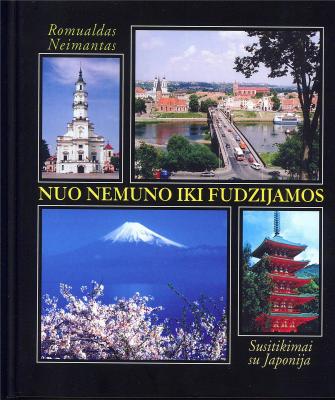 In 2003, a book ``From Nemunas to Fujiyama. Meetings with Japan`` (lit. ``Nuo Nemuno iki Fudzijamos. Susitikimai su Japonija``) was published
In 2003, a book ``From Nemunas to Fujiyama. Meetings with Japan`` (lit. ``Nuo Nemuno iki Fudzijamos. Susitikimai su Japonija``) was publishedBased on personal historical and documentary material accumulated over several decades and the impressions of his travels around Japan, he acquaints readers with the relations between Lithuanian and Japanese cultures.
-
 In 2005, a book ``Spirit of Nature`` (lit. ``Gamtos dvasia``) was published
In 2005, a book ``Spirit of Nature`` (lit. ``Gamtos dvasia``) was publishedBased on his own historical-documentary material accumulated over several decades and the impressions of his travels around Japan, Neimantas introduces readers to the proximity of the Lithuanian and Japanese ecological worldview.
-
Died in 2009
Buried in Romainiai cemetery, Kaunas.
Scientific research after 1990
The first decades of independence created preconditions for the institutionalized and systematic development of Japanese studies. In the initial period, there was a huge shortage of local specialists who could develop Japanese studies. Therefore, Japanese scientists helped significantly by coming to Lithuania and teaching here. For example, one of the first inspirers of Japanese studies at Vilnius University was Goda Tomono while at Vytautas Magnus University such role was played by visiting professor Rio Kojima. Right after the independence, several personalities returned to Lithuania after studying abroad, having a comprehensive knowledge of the Japanese language and culture.
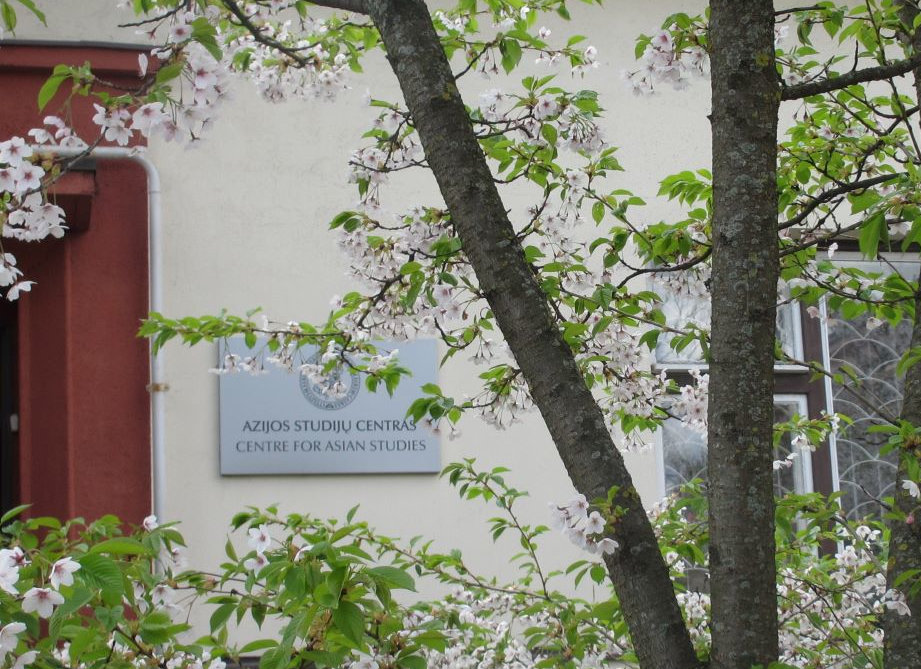
Dalia Švambarytė and Gabija Čepulionytė were the ones who had initiated the Japanese studies at Vilnius University, Vytautas Dumčius at Klaipėda University, and Arvydas Ališauskas at Vytautas Magnus University. Researchers of the other Asian countries started joining hands with the mentioned scholars and, therefore, institutions began to develop. The Center for Oriental Studies of Vilnius University (since 2018 - the Institute of Asian and Transcultural Studies) in 1993, the Center for Oriental Studies of Klaipėda University in 1996, and Vytautas Magnus University Center for Japanese Studies in 2001 (since 2009 - Center for Asian Studies) were established.
Japanese research in Lithuania has developed into several main directions. One of them is linguistics focused on practical application. In 2002, D. Švambarytė compiled the first Lithuanian dictionary of Japanese characters, while in 2015 A. Zykas published the first comprehensive dictionary of Japanese-Lithuanian languages. In 2016, L. Didvalis compiled and published an electronic textbook of the Japanese language, which was followed by V. Devėnaitė’s printed textbook in 2017. The newest addition is a specialized electronic trilingual textbook for guides (authors: K. Takagi and S. Kumpė). Thanks to these resources, more and more Lithuanians can get acquainted and learn the Japanese language directly.
In 2011, D. Švambarytė published a book "Intertextuality in Classical Japanese Literature" (lit. "Intertekstualumas klasikinėje Japonų literatūroje") and a comprehensive history book "History of Japan" (lit. "Japonijos istorija") in 2016. Due to these publications, the author is considered as one of the most prominent scholars of research in Japanese history, traditional culture, and literature. A. Andrijauskas, a researcher of philosophy and aesthetics, published a monograph on Japanese aesthetics in 2001. In the same year, Arūnas Gelūnas defended his dissertation "The Emergence of the New Paradigm of Order in Nishida and Merleau-Ponty Philosophy".
A. Zykas writes on issues of modern Japanese society and politics, investigates social changes and politics in post-war Japan, and is particularly interested in Japanese public diplomacy. The research conducted by L. Didvalis focuses on Japan's environmental policy, international relations, and civic movements. The younger generation of scientists is also joining Japanese research. A. Kumpis is one of the notable young scientists, who defended his dissertation in 2020 on the development and forms of the far-right in Japan, as well as K. Barancovaitė-Skindaravičienė, researching gender issues in Japanese society, and others.




Popular literature
Although research reflects a professional approach to Japan, the general public is mainly affected by the popular literature, mostly travel books and travel memories that show the author’s subjective attitude toward the country. Therefore, we recommend getting acquainted with the main books of Lithuanian authors about Japan.
1960 – Anapus Geltonosios jūros
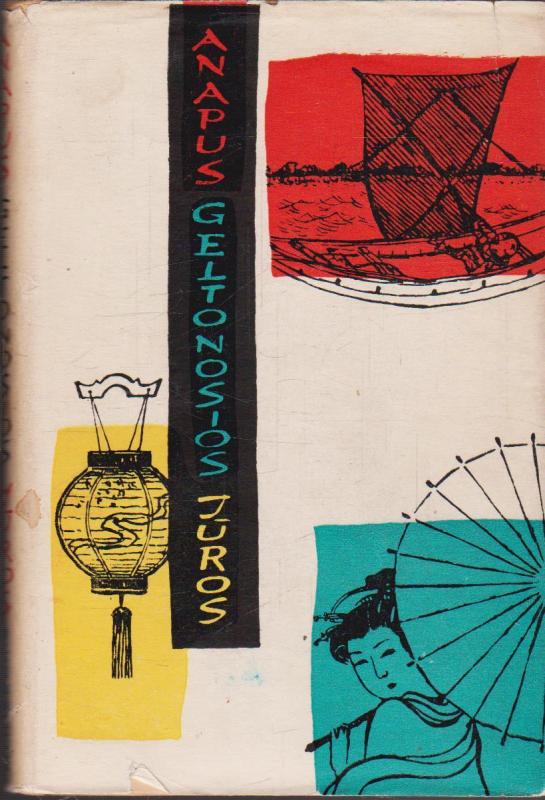
"Beyond the Yellow Sea" (lit. "Anapus geltonosios jūros"). Description of a Trip to Japan (1960, State Publishing House of Political and Scientific Literature).
It is probably the first book written by a Lithuanian author about Japan since the time of Steponas Kairys and Matas Šalčius. Mykolas Liubeckis, a photographer and journalist who visited the country, describes the daily life of the people of Japan at that time, state politics, and economics. It also pays attention to religion, traditions, arts, and myths. It reveals the daily life of war-torn Japan even before the economic boom.
1989 – Tokijo cikados
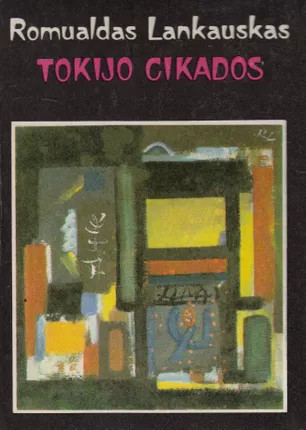
Romualdas Lankauskas "Cicadas of Tokyo" (1989, Vaga)
Romualdas Lankauskas – Lithuanian prose writer, artist, and playwright. During 1986–1987 he traveled to Japan, where he spent several weeks. This trip was his only visit to this country, which left a lasting impression on him. Inspired, he wrote a book Cicadas of Tokyo, which was published in 1989. In the book, he tells about this distinctive and interesting country’s past and future. Orderly, very clean country, where people are polite and happy. Japanese are assessed as diligent people, who love working in groups. Japan is also conveyed as a country, which loves nature, does not pollute it, and cherishes traditions. The author strongly idealizes Japan: he presents Japan as a country of miracles, where are no jealousness, lies, and greed.
2014 – Japonijos spalvos ir skoniai
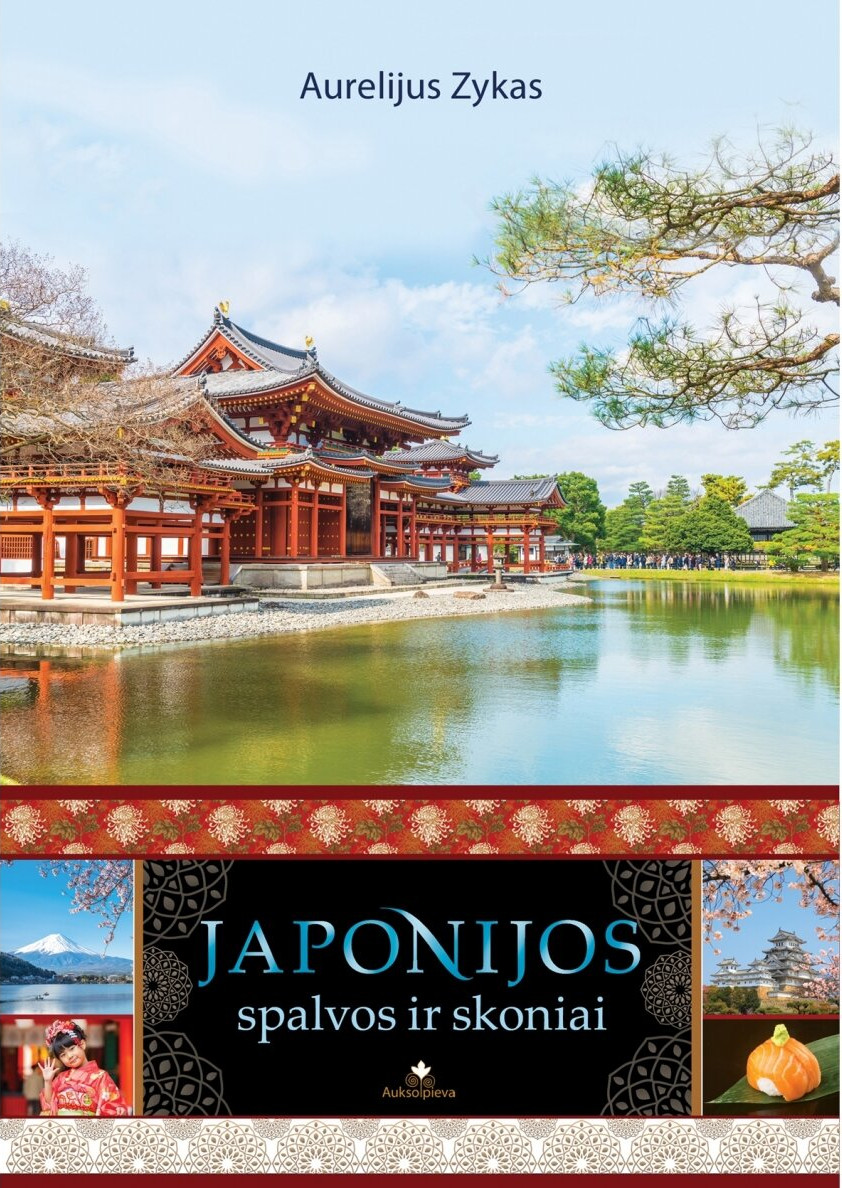
"The Colors and Flavors of Japan" (2014, 2015, 2017, Aukso pieva)
The author shares his memories about this country in a diary form. Basing the narrative on his own experience, he tells the reader about his life in Japan, spent living in two very different cities – Tokyo and Kanazawa. The book introduces various sides of Japan: its cultural and historical heritage, the people, and the way of life. The narratives are fun, written with nostalgia and humor, supplemented by various important facts about the cultural aspects (like business etiquette). Besides, there are lyrical mini-tales, inspired by Japanese cultural aspects. Also, in this book, there are detailed descriptions of Japanese food. The colors and flavors of Japan is like a mosaic, which combines various genres and time periods. There is no clear answer to the question of whether this book represents Japan positively or negatively. In the words of the author himself, he says that he is linked with this country "almost in the same complicated manner, in which most of us are connected with their homeland: painfully sweet hatred, mixed with love".
2016 – Ryto rasos sodas
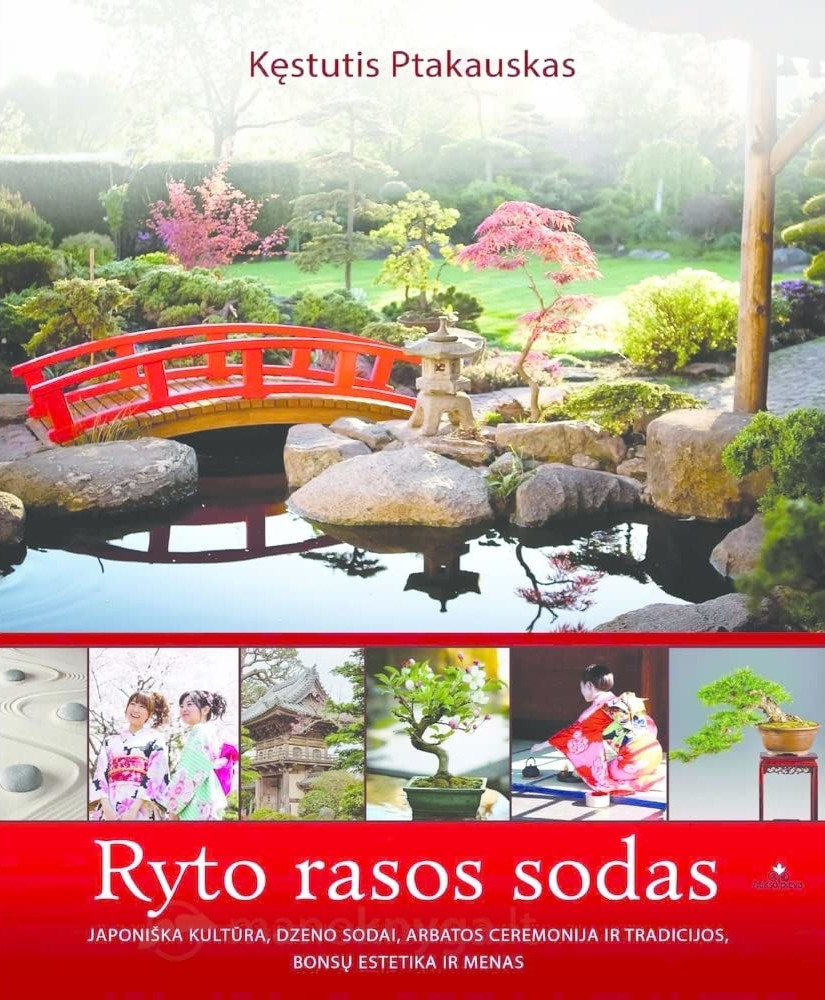
"Morning Dew Garden" (lit. "Ryto rasos sodas") (2016, Aukso pieva)
Kęstutis Ptakauskas' interest in Japanese gardens and bonsai trees was stimulated by an accident, which occurred in 1996. While resting in Palanga, he accidentally saw a photo of a Japanese garden, which sparked interest in Japanese culture and prompted him to create a garden similar to the one seen in the photo. That's what this book is about.
The book begins with a brief description of the different details of the garden. A big part of the book consists of descriptions of lanterns and bonsai trees, their types, and maintenance. The book also describes a tea-drinking ceremony in the bonsai tree gardens.
2018 – Kaip veikia Japonija
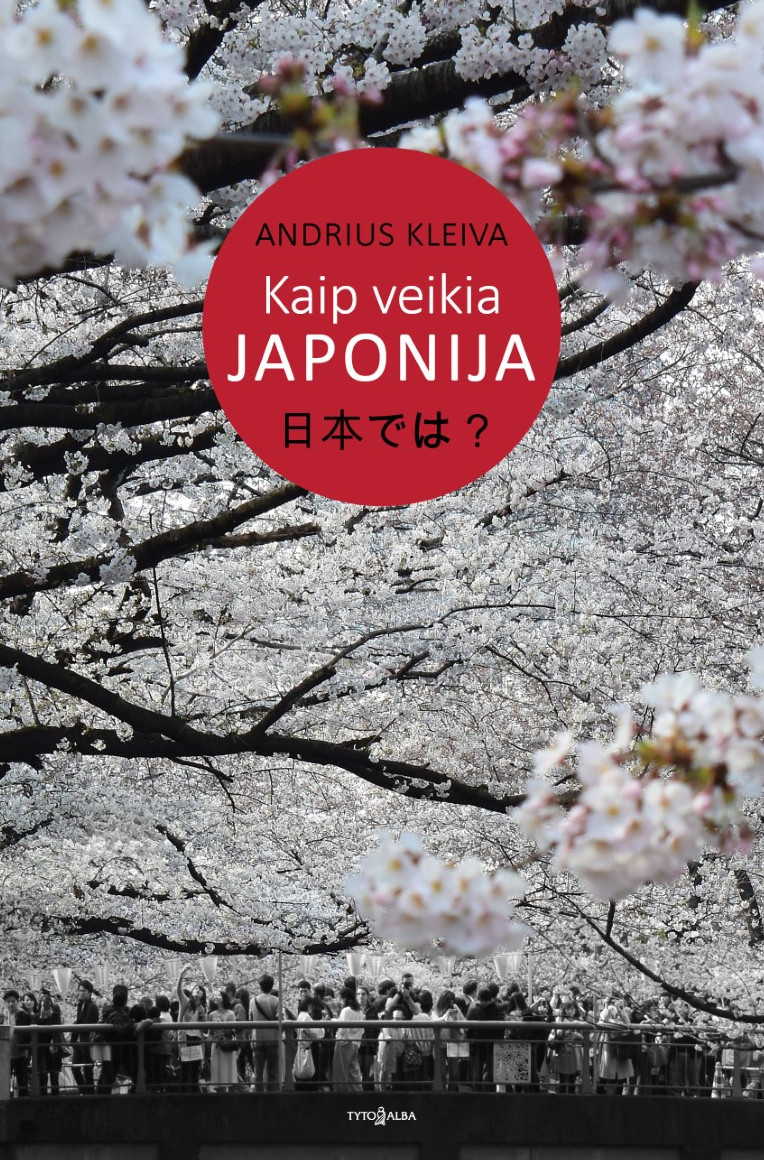
"How does Japan work" (2018, Tyto Alba)
Andrius Kleiva was previously well known in Lithuania as the youngest Lithuanian blogger, later he was writing articles in the section of technologies and politics. A. Kleiva studied at the Institute of Political Science in Paris and lived in Japan as an exchange student. How does Japan work? his first book full of real experience while trying to look in the eyes of Japan.
The author’s writing style is very free and informal, that’s why while reading it gives you the impression that you are talking with the author himself. He covers various topics, some of them feel like a discovery, others look familiar, but at the same time are presented from a different angle. Among them are natural disasters, recycling, "one of the most dangerous languages”, Japanese lifestyle, education system, etc. As A. Kleiva says Japan is full of discoveries and can find a place in anyone’s heart.
2021 – Septyni saulės veidai
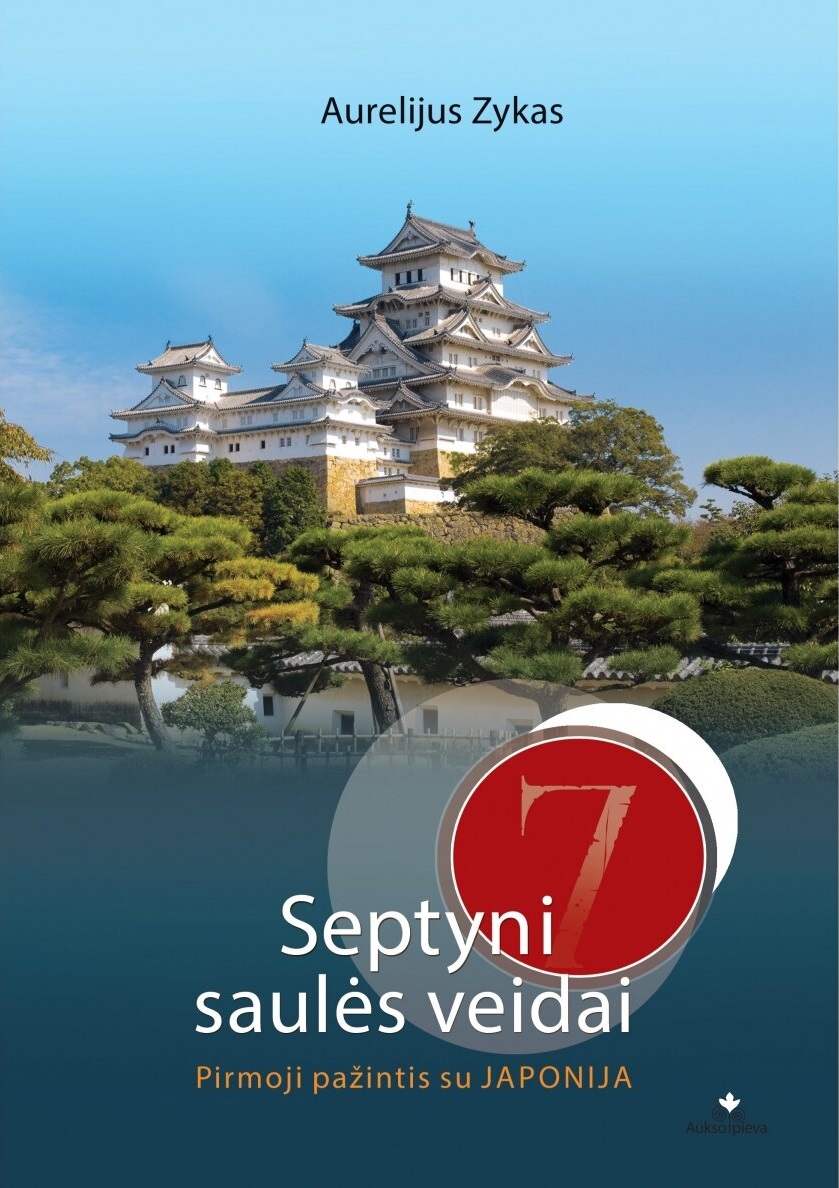
"Seven Faces of Sun. The first acquaintance with Japan" (2021, Aukso pieva)
The second travel book on Japan written by dr. Aurelijus Zykas, which presents the cultural and natural heritage of the country of the Rising Sun. Based on the rich experience of his life and travel in Japan, the author invites readers to seven different regions of the country. He reveals the features of Japanese culture, history, art by guiding the reader through magical temples, gardens, castles, mountain villages, spectacular cities, stations, and even... bustling crossroads. Separate sections introduce traditional crafts, delicious dishes, and a handful of practical advice for travelers. The curious reader is also intrigued by the cheerful remarks about the local way of life expressed by the blue-knitted cat Kicius. The book is dedicated to those planning a trip to Japan, visiting the described objects, as well as those who seek acquaintance with a country full of millennial history or want to fly to this country on the wings of imagination.
Bibliography
- Andrijauskas, Antanas. 2004. Istoriniai lietuviškosios Rytų recepcijos ir orientalizmo pokyčiai. Kultūros, filosofijos ir meno profiliai (rytai-vakarai-Lietuva). Vilnius: Kultūros, filosofijos ir meno institutas, p. 422-436.
- Andrijauskas, Antanas. 2012. Orientalistikos atgimimas Lietuvoje (1977–1992): orientalizmo transformacijos į orientalistiką pradžia. Rytų Azijos studijos Lietuvoje (sud. Aurelijus Zykas). Kaunas: Vytauto Didžiojo Universiteto leidykla, p. 19-54.
- Budriūnaitė, Agnė. 2012. Rytų filosofijos mokymas(is) Vakaruose. Rytų Azijos studijos Lietuvoje (sud. Aurelijus Zykas). Kaunas: Vytauto Didžiojo Universiteto leidykla, p. 67-80.
- Devenaitė, Violeta. 2005. Ritoania ni okeru nihongaku no jijō. Fukusenkō no kanōsei. Acta Orientalia Vilnensia, vol. 6 (1). Vilnius: Vilniaus universiteto leidykla, p. 75-76.
- Koma, Kyoko. 2012. Exoticism, or a Device Reflecting Self-Identity? The Role of Japanese Novels Translated into Lithuanian. Rytų Azijos studijos Lietuvoje (sud. Aurelijus Zykas). Kaunas: Vytauto Didžiojo Universiteto leidykla, p. 103-114.
- Neimantas, Romualdas. 1988. Rytai ir Lietuva. Vilnius: Mintis.
- Neimantas, Romualdas. 2003. Nuo Nemuno iki Fudzijamos. Kaunas: Spindulys.
- Švambarytė, Dalia. 2012. Mokymo priemonių kūrimas Japonijos studijų programoms Lietuvoje: paklausa ir poreikiai. Rytų Azijos studijos Lietuvoje (sud. Aurelijus Zykas). Kaunas: Vytauto Didžiojo Universiteto leidykla, p. 116-121.
- Švambarytė, Dalia. 2005. Japan Studies and the Disciplines. Acta Orientalia Vilnensia, vol. 6 (1). Vilnius: Vilniaus universiteto leidykla, p. 9-17.
- Žukauskienė-Čepulionytė, Gabija. 2001. Dešimties metų Lietuvos ir Japonijos kultūros ryšių apžvalga. Mokslas ir gyvenimas, 2001 m. spalis.

